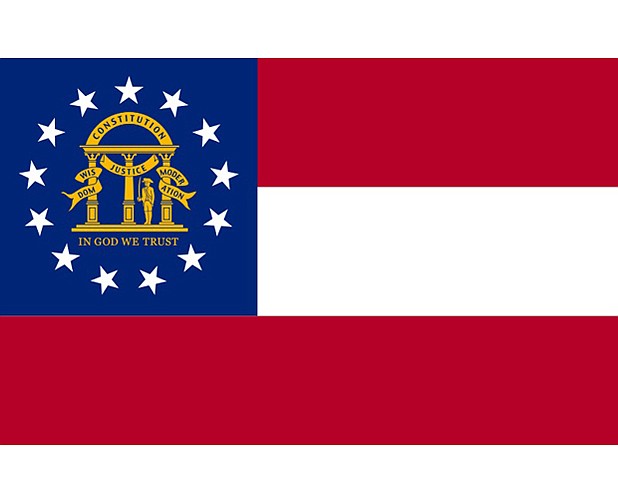ATLANTA - When Democrat Jim Martin forced Republican Sen. Saxby Chambliss into a runoff five years ago, he had just four weeks to win over voters.
In the end, Martin fell behind and lost.
That four-week window is now about to expand to nine - giving candidates twice the amount of time to raise money and spend it on advertising and voter turnout - after a federal judge reset the state's calendar for federal elections, moving up the primary and dramatically extending the time preceding runoffs.
"Traditionally, in a month candidates are able to maintain their momentum to carry them to the finish line," said Tharon Johnson, a Democratic strategist who led President Barack Obama's re-election campaign in the South. "In this case, with both candidates having two months to raise money and campaign, it gives both candidates an opening to implement a new winning strategy."
Nowhere will this be felt more sharply than in the race for Georgia's open U.S. Senate seat. Chambliss, a Republican from Moultrie, will be retiring next year, and several GOP candidates have jumped into the race, including three U.S. congressmen and a former Georgia secretary of state. A runoff in the GOP primary is all but certain with a crowded field of well-funded candidates. Meanwhile, Democrats hope that a strong candidate will be able to navigate the primary easily and prepare for a showdown in the general election.
The shake-up began a little over a week ago when U.S. District Court Judge Steve C. Jones altered Georgia's schedule for federal elections after the U.S. Justice Department said the state wasn't allowing enough time for military and overseas ballots for runoffs. The judge set the 2014 primary for June 3, a month earlier than in previous years, with a primary runoff scheduled for nine weeks later on Aug. 5. The general election will remain on Nov. 4, but a runoff if needed wouldn't happen until Jan. 6, 2015.
The schedule does not affect state elections, although state officials will be hard-pressed to justify the costs of running two elections. The state still can appeal the decision, and any changes to the state election calendar would need to come from the General Assembly, which meets again in January. Currently, state law requires that a runoff be held three weeks after a primary and four weeks after a general election when no candidate receives 50 percent plus one vote in an election.
For campaign strategists hired by candidates to plot a path to victory, the changes appear to have happened early enough that there is time to make the necessary adjustments. Most will be looking at fundraising and campaign cash, weighing how much to set aside for a runoff. With more time to raise money during a runoff, a candidate may decide there's no need to leave anything in the bank and spend everything to ensure a spot.
"Moving up the primary, it does put a lot more pressure on the candidate to raise the resources to execute their campaign plan," said GOP strategist Eric Tanenblatt, who served as finance co-chairman for Mitt Romney's presidential bid.
The biggest change may be voter turnout, and effort will need to be made to educate voters on the new date. With the primary happening in June, before the height of summer vacations, more voters should be around and willing to head to the polls. With an increase in turnout comes an increase in the likelihood of a mainstream candidate, which could affect how candidates appeal to voters.
At the same time, a protracted and fierce runoff also could weaken the eventual winner heading into a general election especially if the other party's candidate faced little opposition.
"The sooner you sort out who your nominee is and the more time you have to plan for the general election the better," Tanenblatt said.
In the U.S. Senate race, a bloody GOP primary could help Democrats and provide an incentive for the party to rally early behind a candidate, according to Johnson. So far, Democrats are still waiting to hear from Michelle Nunn, daughter of former Georgia U.S. Sen. Sam Nunn and head of a national volunteer organization who has been considering a bid. The shorter election calendar could increase the need to move quickly.
"It's pretty much inevitable that the Republicans will participate in a bloody and costly primary runoff," Johnson said. "I feel very strongly that if Democrats are able to avoid a runoff on the Democratic side, those extra two months to raise money to promote our message to Georgians on why Georgians should elect a Democrat to represent them in the U.S. Senate will be important."
For the voters, it will likely mean a longer period of more intense TV advertising and campaign mailers with the possibility of more attacks and robocalls.
"It's going to extend the election period a great deal," said Secretary of State Brian Kemp. "Sometimes I don't know if the voter likes that. The way some of these campaigns go, I think people get tired of them."
